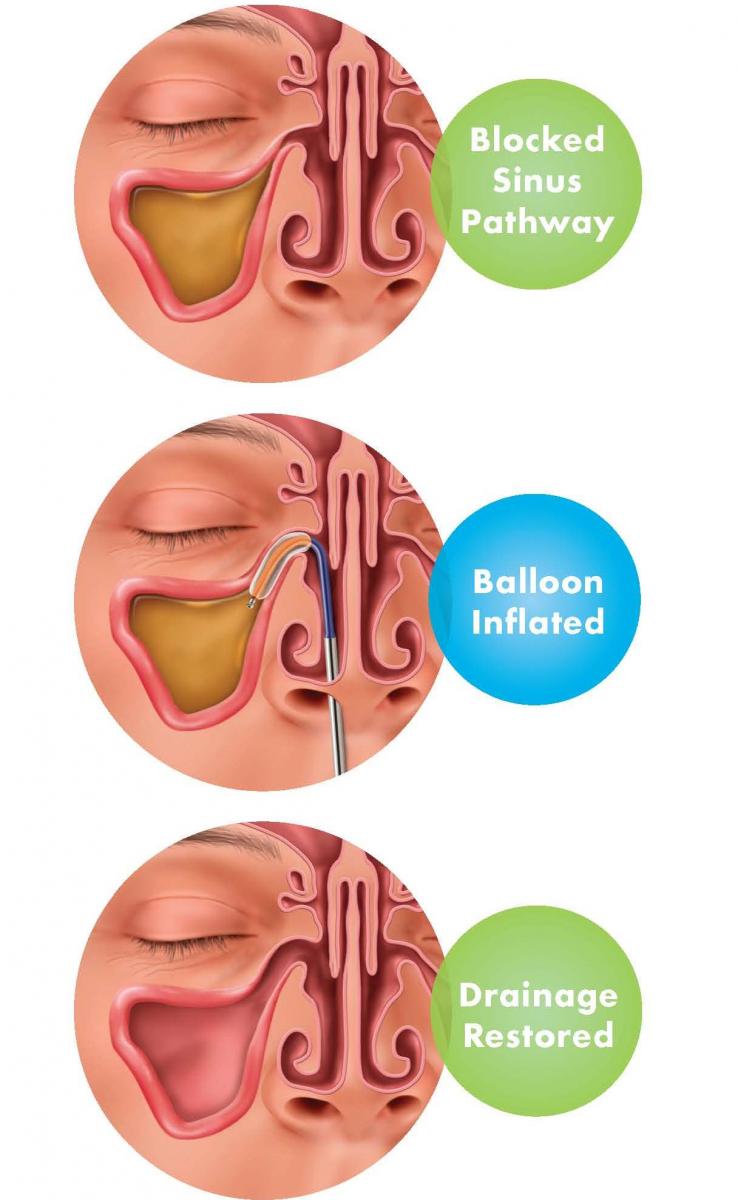Sinus surgery (FESS)
An endoscopic sinus surgery is usually undertaken to bring relief from chronic rhinosinusitis (inflammation in nose and sinuses that’s unrelieved for at least 3 months) that’s not responding satisfactorily to medications. The cause of this inflammation can be anything from infection, allergies and irritants to polyps (non-cancerous swelling of the nasal/sinus lining). Actually, in quite a few cases, it is difficult to ascertain the root cause of rhinosinusitis.
Risks
- Bleeding:Although the risk of bleeding appears to be reduced with this type of sinus surgery, occasionally significant bleeding may require termination of the procedure.
- Blood Transfusion: In the rare instance that a blood transfusion is necessary, there is a risk of adverse reaction and the transfer of infection.
- Infection: Any surgical procedure carries the risk of post-operative infection. If an infection develops after surgery, antibiotics will be initiated based upon cultures.
- Visual Problems: Although extremely rare, there are occasional reports of visual loss after sinus surgery.
- Cerebral Spinal Fluid (CSF) Leak:All operations on the ethmoid sphenoid and frontal sinuses carry a small chance of cerebrospinal fluid (CSF) leak.
- Decreased Sense of Smell: Permanent loss or decrease in the sense of smell can occur following nasal and sinus surgery.
- Anesthesia Risks: General anesthesia is associated with occasional but possibly serious risks.
Care
Some bloody discharge may occur for approximately two weeks after this procedure. This is normal and slowly improves. You should not blow your nose for at two weeks following surgery. As normal sinus drainage becomes reestablished you may blow out some thick bloody mucus. This is also normal.
After surgery, you will receive detailed instructions for your postop care. The details may vary, but in most instances, these measures include nasal irrigations, oral antibiotics, and pain medicine.

